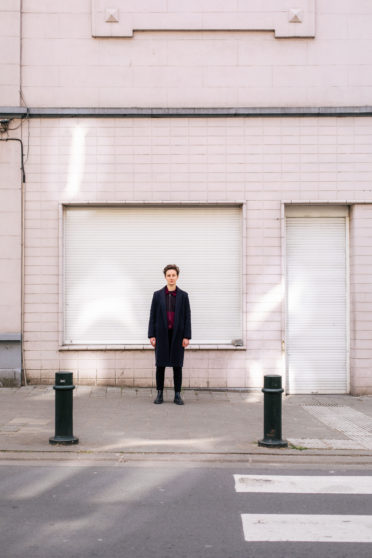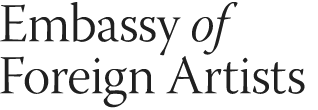FRANCELLE CANE
ART & TERRITORY
*1993, Valence, France. Lives and works between Brussels and Luxembourg
Residency Period: July to September 2021
Architect and curator
Granted by the Republic and Canton of Geneva
Francelle Cane‘s practice focuses on transversal and multidisciplinary research activities tied to the question of the ruin: through curating, designing exhibitions and writing, she advocates for a critical spatial design approach, concentrating on issues such as late capitalism, climate change or the man-altered landscape. This approach has been showcased by exhibitions such as Enter the Modern Landscape (2019) and Rising Waters (2018), both held at Bozar. This ongoing research is supported by different types of projects and collaborations.
Statement
Considering the architect as the modest interpreter of an existing cultural and physical aggregate is a conception of the profession that highly motivates her. The Praille Acacias Vernets (PAV) project, therefore, represents the opportunity for a case study: indeed, it raises the question of heritage since it is the subject of urban requalification. It is about developing a method of ‘making do with’ the existing, where tabula rasa is not an option, thus constituting the fundamental point of the project philosophy and associated protocols.
In the framework of her research, it is precisely a study of the void—the unbuilt and infrastructural space, characterised by the roads and other car parks within the PAV—that constitutes the key to the reflection. The void is here considered as an open structure and as a paradigm of this fragment of territory.
The car park as a figure, an object of complexity and contradiction because it is both a place and a limit, is an opportunity to represent a more informal, reversible or dispersed urban condition. Moreover, this figure allows for project protocols that do not focus solely on the realisation of ‘finished’ and unchanging versions but rather on incomplete systems, stemming from the diffuse and ‘weak’ conditions of the 21st century.
The aim will be to study and communicate with a network of diverse cultural and scientific actors to establish a transversal dialogue, questioning social practices referring to conditions—such as building, inhabiting, mapping—to articulate a new common local and shared narrative.

Year : 2021, Art and territory

